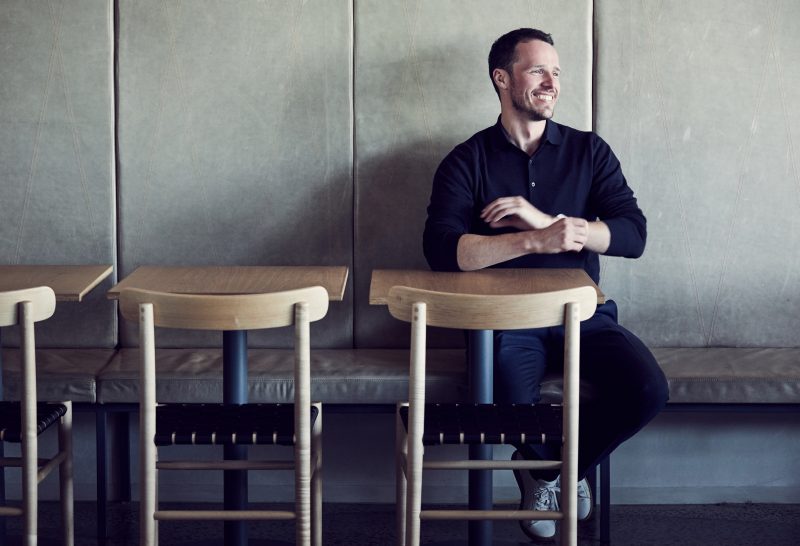Ten years of Broadsheet with founder Nick Shelton
After recently celebrating ten years of Broadsheet, founder Nick Shelton spoke with Mumbrella’s Hannah Blackiston about how the publisher grew in its first decade and what’s on the horizon for the – now multi-platform – business.
26,000 articles, 416,000 photos, 50 employees and countless breakfasts, brunches, lunches, afternoon teas, dinners and desserts. Broadsheet has grown exponentially from its beginnings in 2009 when founder and publisher Nick Shelton returned from London and wanted a database of the best places to go in Melbourne.
Now the publication covers Sydney, Adelaide, Perth and Brisbane with its 50 full-time employees and consistent profitability, despite never having sought external investment.

Nick Shelton launched Broadsheet ten years ago as a database for great things to do in Melbourne
Photo: James Geer


Well done Nick for copying TimeOut and then beating them at their own game.
Not sure if this is a compliment or an insult?
2.8m…